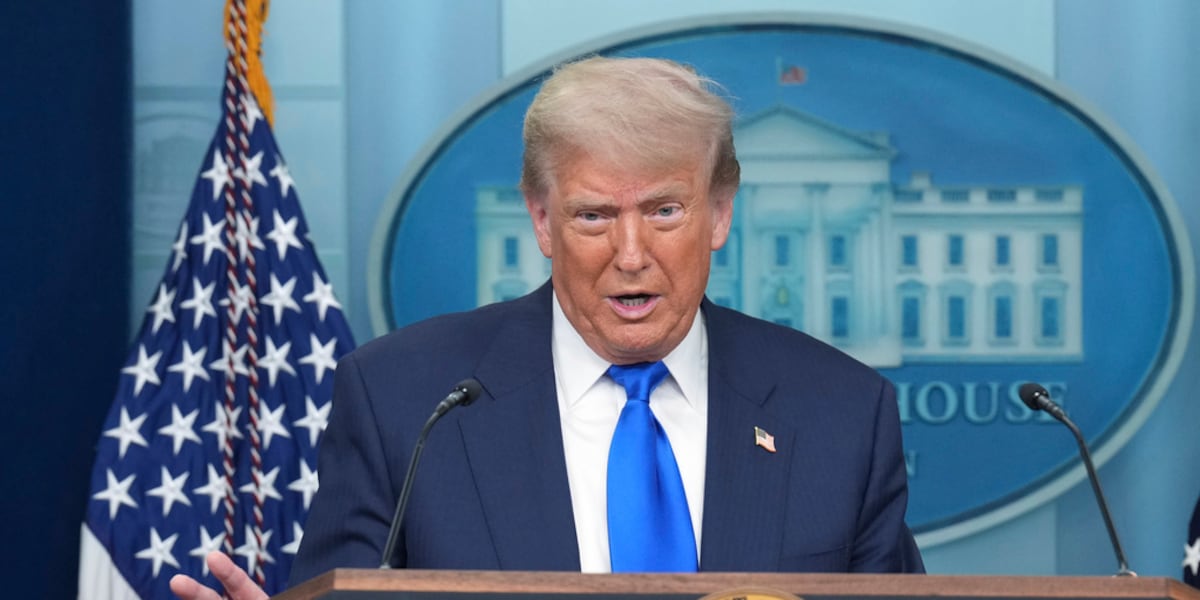Trade War Looms? Trump Halts US-Canada Talks Over Tech Tax

In a move that could escalate trade tensions between the United States and Canada, President Donald Trump announced the immediate suspension of trade negotiations. The trigger? Canada's proposed digital services tax targeting large technology firms – a policy the President has deemed a “direct and blatant attack” on the U.S.
The announcement, made via Twitter, signals a significant hardening of the U.S. position on the issue and raises concerns about the future of the ongoing trade discussions. Trump's administration has consistently voiced its disapproval of similar digital taxes being considered or implemented by various countries, arguing they unfairly target American tech companies.
What's the Canadian Tax?
Canada's proposed tax, slated to take effect in January 2024, would levy a 3% tax on revenue generated by digital services provided by large multinational companies to Canadian users. This primarily targets tech giants like Google, Facebook, and Amazon, who derive significant income from Canadian consumers without having a substantial physical presence in the country. The Canadian government argues the tax is necessary to ensure these companies pay their fair share of taxes and to level the playing field for domestic businesses.
Trump's Reaction and Potential Retaliation
The President’s reaction has been swift and forceful. He characterized the tax as an unacceptable attack and warned of potential retaliatory measures. While he didn't explicitly detail what those measures might be, the possibility of tariffs on Canadian goods remains a distinct concern. The U.S. has previously threatened to impose retaliatory tariffs on Canadian products in response to similar digital taxes in other countries, such as France.
Impact on US-Canada Trade Relations
The suspension of trade talks comes at a delicate time. The two countries have been engaged in negotiations related to modernizing the Canada-United States-Mexico Agreement (CUSMA), formerly known as NAFTA. While the agreement itself remains in place, ongoing discussions aim to address issues such as digital trade, labor standards, and environmental protections. This abrupt halt to negotiations throws the future of these updates into uncertainty.
International Context
Canada's digital services tax aligns with efforts by several European nations to tax the profits of large technology companies. The Organization for Economic Co-operation and Development (OECD) has been working on a global agreement to address the taxation of the digital economy, but progress has been slow. The U.S. has resisted these efforts, preferring a country-by-country approach.
What's Next?
The situation remains fluid. It is unclear how long the trade talks will remain suspended, or whether a resolution can be reached. Both governments face pressure to defend their respective positions. The outcome will likely have significant implications for US-Canada trade relations and the broader global debate on how to tax the digital economy. Analysts suggest that a protracted trade dispute could negatively impact businesses and consumers on both sides of the border. The world will be watching closely to see how this escalating situation unfolds.





